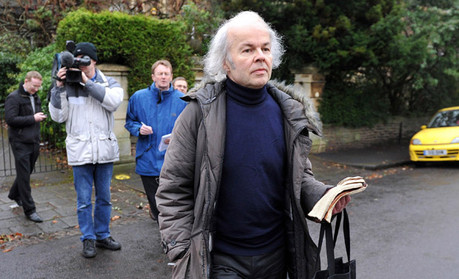The Guardian’s Steven Morris has an insightful post up today on how he went about tweeting from the trial of Vincent Tabak for the murder of Joanna Yeates.
With the attorney general reportedly considering a contempt prosecution against someone who tweeted about Tabak’s interest in pornography, which had been banned while the case was active, Morris’ post is a timely look at the dangers of posting live to the social network in real time. (That said, the only contempt prosecution brought so far in the case has been over stories printed in newspapers).
Making sure coverage made up of necessarily self-contained 140-character tweets is both legal and, in a case like that of Yeates, sensitive to younger followers or family, is no mean feat, Morris’ post highlights.
He doesn’t just look at the dangers though, which inevitably are more scrutinised, but also the opportunities. Opportunities to provide detailed, live coverage alongside a traditional newspaper report.
It turned out that the Twitter format – 140 characters a tweet – was not as problematic as it might seem. Reporters are used to transforming long-winded sentences into pithy paragraphs. The format seemed to work particularly well for courtroom exchanges. Here are some examples taken from the heart of the case: Tabak’s six hours in the witness box.
“Prosecutor asking why Tabak wanted to kiss Joanna Yeates. ‘It’s nice to kiss someone’ – Tabak.”
“Tabak: I didn’t want to hurt her, I didn’t want her to die. I didn’t want to cause her any harm.”
“Prosecution: Were you looking in her eyes? Tabak: I can’t remember.”But what of the dangers? When you tweet, no second pair of eyes is looking at what you write before you send it. It is all down to you. Members of Tabak’s defence team certainly monitored tweets carefully and, no doubt, would have made great play if something prejudicial to their client had crept out.
